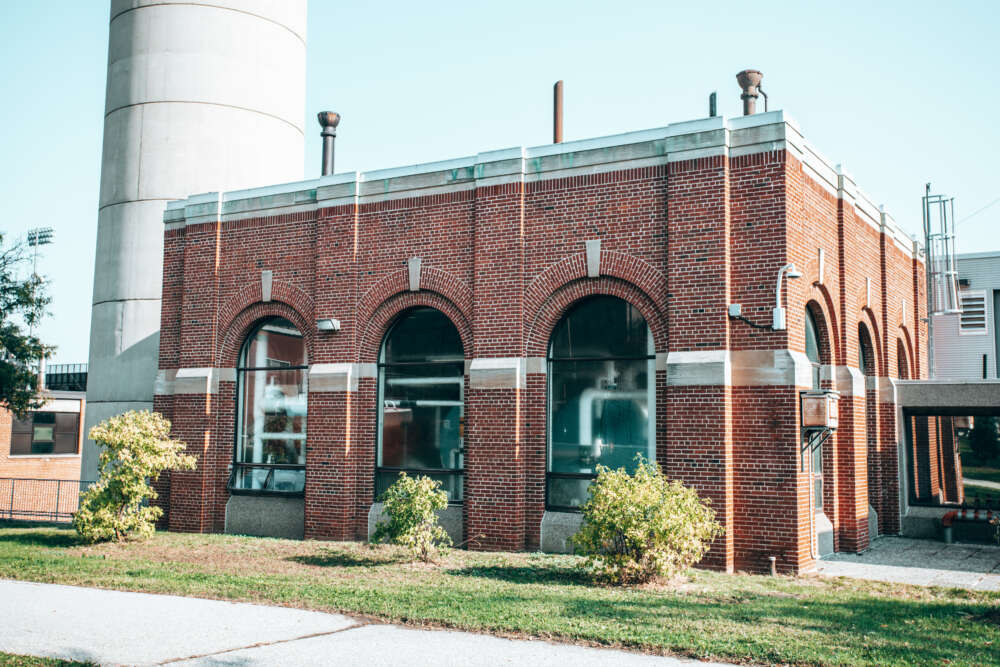
The University of Guelph received $740,000 today from the federal government for two projects intended to reduce U of G’s carbon footprint and provide more sustainable transportation options.
Environment and Climate Change Canada will invest $640,000 in U of G’s heat recovery system through the Low Carbon Economy Fund Challenge-Partnerships stream.
Natural Resources Canada will invest $100,000 toward installing 20 electric vehicle (EV) charging stations on campus through the Zero-Emissions Vehicle Infrastructure Program.
Guelph MP Lloyd Longfield announced the funding during a virtual press conference today.
“The University of Guelph is always at the forefront of climate change research and initiatives, leading by example,” said Guelph MP Lloyd Longfield. “Guelph and Canada benefit by showcasing examples such as these that can improve operations and at the same time improve the planet”

Currently, many large campus buildings use steam heating from burning natural gas. U of G’s heat recovery system captures flue gas from steam boilers to heat water, which then provides recycled heat to buildings across campus.
This $1.6 million project will expand the heat recovery network across campus to include the University Centre. The heat recovery system will allow the University Centre to be heated by heat normally wasted.
Each year, this upgrade will reduce U of G’s greenhouse gas emissions by about 2,000 tonnes and replace the equivalent of 1.1 million cubic metres of natural gas.
Natural Resources Canada’s investment will allow the University to almost double the number of EV charging stations on campus and add to the growing network of charging stations in the Guelph region.
“We are providing greener options for Canadians to drive where they need to go,” said Seamus O’Regan, minister of natural resources. “This is how we get to net zero by 2050.”
The University is also contributing $106,650 towards this project.
Installation of the EV charging stations will be completed by 2021, and will build on previous investments by Natural Resources Canada to support the University’s transition to low-emissions transportation.
“U of G is committed to being a leader in energy conservation and sustainable transportation solutions,” said Martha Harley, vice-president (finance, administration and risk). “By incorporating leading-edge technologies across campus, U of G is putting sustainable initiatives into everyday practice and improving life for our University community and beyond.”